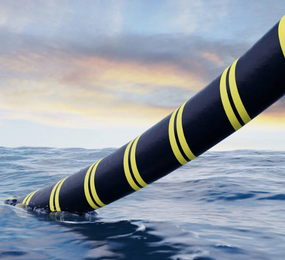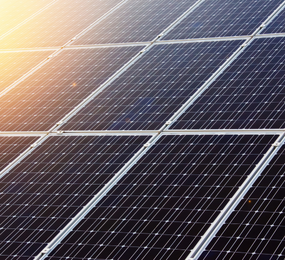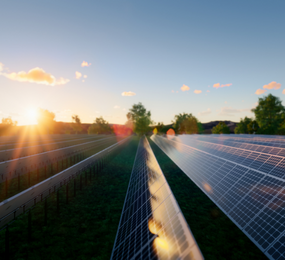One of the most pressing issues on the planet today is plastic trash. Plastics have many uses, are resistant to corrosion, provide good insulation, and have a low heat conductivity. Plastics are therefore commonly regarded to be essential to all facets of human existence.
The favourable properties of plastics have led to extensive research into their possible uses in a variety of industries. Disposable plastics are frequently used in supermarkets, mulch film, and packaging due to their affordability and versatility.
The production of biodegradable plastics from renewable biomass is a popular topic right now. In biodegradable products, plastics made from renewable basic materials like cellulose, bioethanol, starch, and lignin are frequently employed. Because they are persistent, biodegradable polymers can decompose without causing any harm. Today, a number of commercial and environmental projects successfully employ biodegradable plastics.
An emphasis on sustainability means looking beyond the final product and considering the actual process of creating bioplastics.
A circular strategy ensures that packaging may be safely reused, recycled, or composted by ensuring that the company's resources are confined within a closed-loop system. This procedure aids in ensuring that products continue to be produced for the longest amount of time possible without producing waste or pollution.
Because bioplastics are developing quickly, it is essential to have a sophisticated understanding of their chemistry, recovery possibilities, unforeseen effects, and environmental trade-offs.
The pollution caused by plastic waste has long thrown doubt on the material versatility of plastics. Dealing with plastic garbage has become crucial because of its lengthy history of degradation and the egregious mismanagement it has caused, both of which have a permanent negative impact on the ecosystem. The likelihood of downcycling is substantially higher because the informal sector performs the majority of the plastic recycling. Bioplastics and bio-based polymers, which are less harmful to the environment and decompose more quickly, become attractive alternatives as a result. The possibility of converting to bioplastics and bio-based plastics looks even more appealing in light of the mounting piles of plastic trash in landfills and roadside dumps as well as the several other problems arising from plastic use.
What sort of solutions are necessary to boost the market share of circular, sustainable products in Germany and Europe? Which role do regional value chains and markets serve? And what does a favourable regulatory environment entail? Join us on 1st - 2nd March, 2023 for the World Biopolymers and Bioplastics Innovation Forum, in Berlin, Germany to find out!
To register or learn more about the Forum please check here: https://bit.ly/3TQ1k8m
For more information and group participation, contact us: [email protected]
















